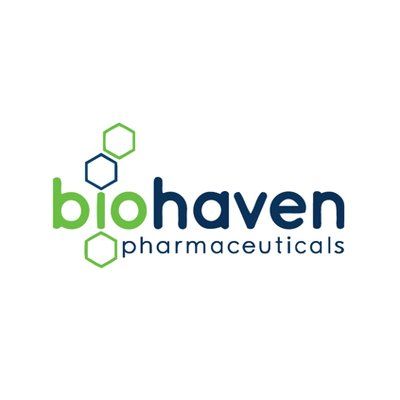Metallothionein (MT) is a highly conserved, low-molecular-weight (∼7 kDa), cysteine-thiol-rich, stress response protein essential to cellular homeostasis. Elevated MT levels can be induced in cells during response to oxidative stress, glucocorticoids, essential divalent cationic metals, toxic heavy metal cations, acute-phase cytokines, interferon-γ, and/or endotoxin exposure. MT isoforms 1 and 2 are expressed across most tissues/cells and are localized in cytosolic, nuclear, and extracellular environments, despite the absence of a signal peptide. Extracellular MT (eMT) plays a significant role in inflammatory disease by acting as a signal that modifies the functional profile of inflammatory cells. Treatment with anti-MT monoclonal antibody (UC1MT), which presumably targets the eMT, in various mouse models of inflammatory disease significantly reduces disease severity. This study examines the effects of eMT on T lymphocyte gene expression at exposure times of 5-90 min in vitro. Jurkat T-cells were treated with eMT alone or in combination with UC1MT, revealing distinct gene expression changes at all time points, with the most substantial effects observed at 90 min. The results demonstrated eMT's influence on G-protein-coupled receptor (GPCR) gene expression and cell proliferation, confirmed through calcium flux and Carboxyfluorescein Succinimdiyl Ester (CFSE) proliferation assays. An analysis at the 90-min time point identified a positive feedback loop wherein eMT induces additional MT messenger ribonucleic acid (mRNA) expression. Using an MT-GFP fusion vector, transfected Jurkat T-cells verified that eMT stimulates both MT transcript and protein expression. This study underscores eMT's role as an alarmin and its capacity to potentiate inflammatory disease by modulating gene and protein expression in T lymphocytes.








